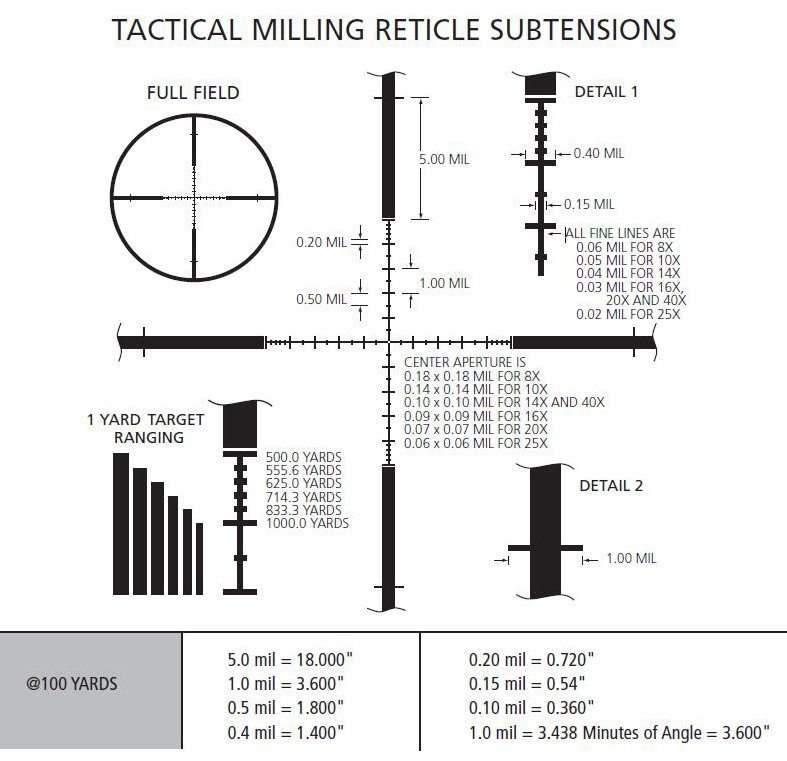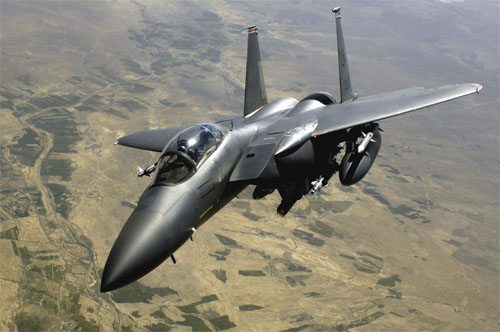United Press International,
WASHINGTON: The strategic significance for Asia of the nuclear cooperation deal signed with India last week in New Delhi by U.S. President George W. Bush was underlined Saturday by the announcement that China's military budget for the coming year will rise by almost 15 percent.
This is the 18th consecutive year of double-digit growth in China's defense budget, which officials from the Pentagon and from India's RAW (Research and Analysis Wing) intelligence service agree is now the second largest in the world after the U.S. defense budget of $450 billion.
The paradox is that China's military spending is rising sharply just as the overall numbers of military personnel are falling, as China shifts from a strategic doctrine that relied on mass armies and human wave attacks to a far more sophisticated and capital intensive military with modern and high-technology equipment.
The American and Indian commitment to a new strategic partnership, symbolized by the Bush visit to India, owes a great deal to the common concern over the rise of China and the strategic implications of China's headlong economic growth. The Goldman Sachs financial group last week issued a report suggesting that the Chinese economy will be larger than the American by 2050, and Indian security officials are concerned by the prospect of Chinese dominance over Asia.
The news of the new rise in China's military budget was released in Beijing by parliamentary spokesman Jiang Enzhu, who said the country will increase its military spending by 14.7 percent this year to 283.8 billion yuan or $35.3 billion. He noted that the United States spent a greater proportion of its wealth on defense and that China had “no intention of vigorously developing armaments,” claiming that much of the new spending would be devoted to higher petrol and fuel costs and to salaries and concluded that China was a “peace-loving nation.”
But much of the new defense expenditure of recent years has gone to buy advanced new weaponry, including S0-27 and su-30 warplanes, Kilo-class submarines and Sovremenny-class warships, all from Russia. China also sought to buy the Phalcon AWACS airborne early warning system from Israel, but was barred when the Bush administration pressured Israel to stop the deal. China has also sought, so far without success, to press the European Union to lift its own arms embargo against China, first imposed after the Tiananmen Square massacre 17 years ago.
American defense analysts claim that the official Chinese budget massively understates the real level of spending, which they believe to be as much as $100 billion a year, three times higher than Beijing admits. They say that the military research and development budget, the military construction and pension and medical bills and some of the procurement costs are all hidden away elsewhere in the civilian budget. They also claim that profits from private companies owned or managed by the Peoples Liberation Army also swell the real military budget.
To Read Full Article Click Here









